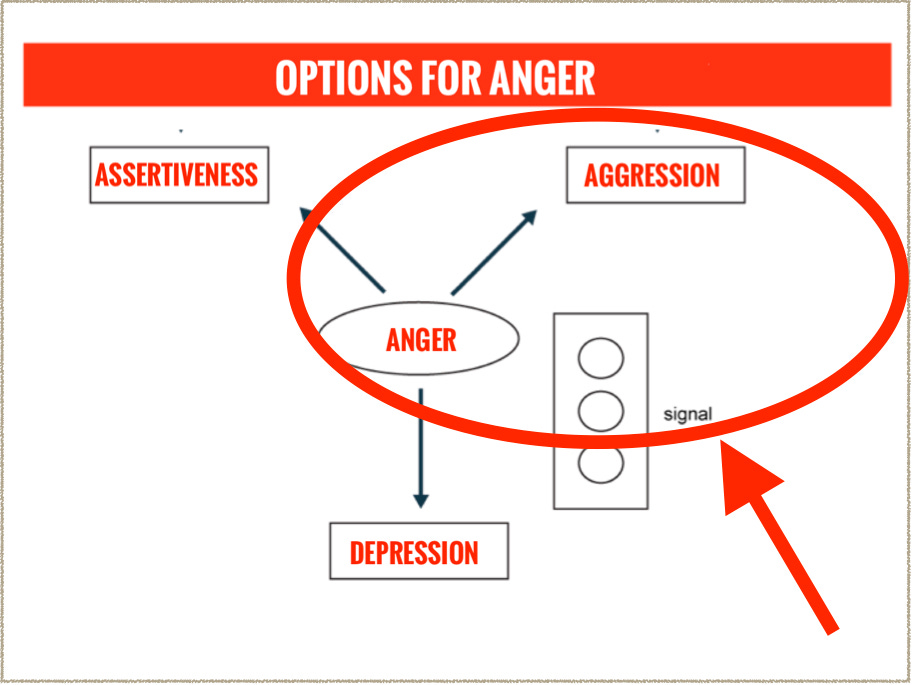Sep 24 2024 10 mins 1
Sign up here for upgraded membership:
In this series, Dr. Paul will be addressing some of the challenges and downright traumas many men are facing, the impact on their minds and lives, and providing insights and potential solutions derived from his own proprietary approach developed over 30 years as a psychiatrist.
Dr Paul is an author with PenguinRandomHouse and Psychology Today and has been featured in numerous periodical magazines important to men and women both.
SHOW NOTES:
The transcript discusses the concept of anger and its manifestations in social interactions, particularly focusing on the cycle of violence and the different ways individuals can respond to anger. Here are the key points:
1. **Cycle of Violence**: The speaker highlights the repetitive cycle of hurt and retaliation ("I hurt you, you hurt me"). This cycle creates a continuous generation of anger, impacting relationships and societal dynamics, such as between Israelis and Palestinians or political factions.
2. **Constructive Alternatives**: Instead of perpetuating anger, the speaker suggests a healthier approach by asserting oneself and meeting personal needs effectively. This is likened to a martial artist who, after being wronged, uses that experience to grow and better themselves.
3. **Anger Responses**: The speaker categorizes responses to anger into three options:
- **Passivity** (leading to sadness or depression)
- **Aggression** (which results in a win-lose scenario and the risk of revenge)
- **Assertiveness** (which is a healthier, constructive response that fills one’s emotional tank positively).
4. **Revenge vs. Justice**: The transcript distinguishes between revenge (a personal and often misguided response to past grievances) and justice (a collective, societal response to wrongdoing). Revenge is seen as an attempt to control past events, which is inherently futile.
5. **Narrative Reference**: The speaker mentions the thematic elements of revenge and justice found in "The Count of Monte Cristo," raising the question of whether it is right for one person to seek revenge.
Overall, the transcript promotes the idea of addressing anger through constructive assertiveness rather than falling into cycles of violence or seeking revenge, advocating for personal growth and social justice instead.
This is a public episode. If you’d like to discuss this with other subscribers or get access to bonus episodes, visit menspsychology.substack.com/subscribe
